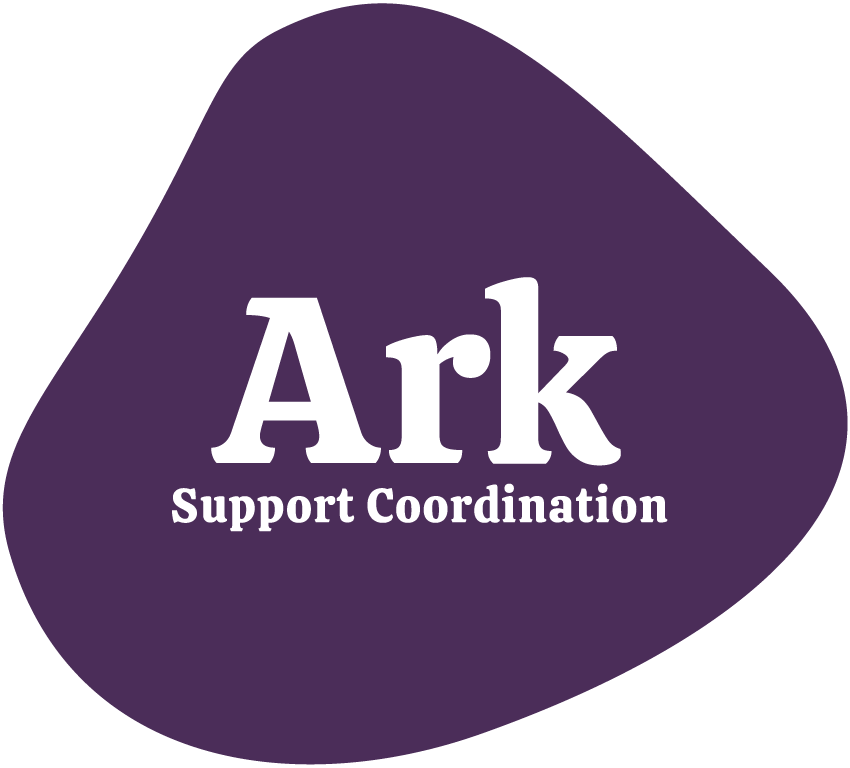Basic vs Effective Positive Behaviour Support - 5 Considerations For NDIS Participants
We know what it takes to put together an effective positive behaviour support (or PBS) plan. In order to come up with an approach that is advanced and truly person-centred, practitioners need to look beyond the basics, and ensure they create emotionally safe environments that foster positive behavioural change.
The difference between basic and effective positive behaviour support usually lies in the level of expertise that case staff possess, as well as their capability to address complex situations and devise strategies to overcome challenging behaviours, improving overall quality of life for their clients.
At Ark Support Coordination, our positive behaviour support practitioners (or PBS practitioners) consider NDIS participants every step of the way, aiming to provide effective positive behaviour support by:
#1 Understanding Each Participant
PBS practitioners shouldn’t just find the quickest or simplest solution. PBS practitioners should use empathy, listen actively and create safe spaces in order to understand participants’ needs, and create bespoke plans that set them up for success. By peeling back the layers, PBS practitioners can use their plans to consider the unique traits of participants. Doing so can ensure that the plan not only feels personal and relevant, but will also resonate with their clients to ensure it is sustainable in the long run.
#2 Being Proactive and Thinking Ahead
By being able to obtain a holistic understanding of clients, PBS practitioners are likely to have the tools they need to think ahead. They should be able to produce a plan that not only addresses behaviours of concern that are present at the time of engagement, but also behaviours that may be an issue in the future. Being proactive in this area allows PBS practitioners to prevent challenging behaviours from worsening, and design measures that predict and address situations based on a participants’ triggers.
#3 Going Above and Beyond
When it comes to the basics of positive behaviour support, it’s hard to look past the PBS Capability Framework. While it’s crucial for PBS practitioners to have a strong understanding of the framework, best practices, restrictions and more, we’re passionate about going above and beyond. We see the frameworks as the platform from which PBS practitioners can build a tailored plan that considers the individual they have been engaged to support. This approach allows practitioners to hone their skills and identify any spaces that they would like to explore becoming specialists in.
#4 Drawing on Personal and Professional Experiences
PBS practitioners should draw on both their personal and professional experiences to deliver a truly person-centred plan. By leveraging their own successes and failures, taking the time to understand their clients, thinking ahead and going above and beyond, PBS practitioners can design tailored interventions that make a lasting impact. This approach enables practitioners to support improvements to a participants’ overall quality of life.
#5 Working Towards Solutions Grounded in Social Work
What really makes a PBS plan person-centred is its roots in social work. An approach that adheres to social work conventions and principles not only ensures that solutions are specific to the individual participant, but also that they are ethical from a human rights perspective, identify and address systematic issues, and are guided by the desired positive outcomes.
At Ark, social work forms the base from which our team works. In the context of positive behaviour support, we pride ourselves on offering advanced support with the goal of achieving lasting improvements to quality of life.
NDIS participants can fund positive behaviour support with Ark, provided it forms part of their plan. If you’re an NDIS participant, contact us online or call (08) 6373 7500 to discuss your options. If you’re a social worker, reach out to our team if you’d like to explore opportunities to work with us.
